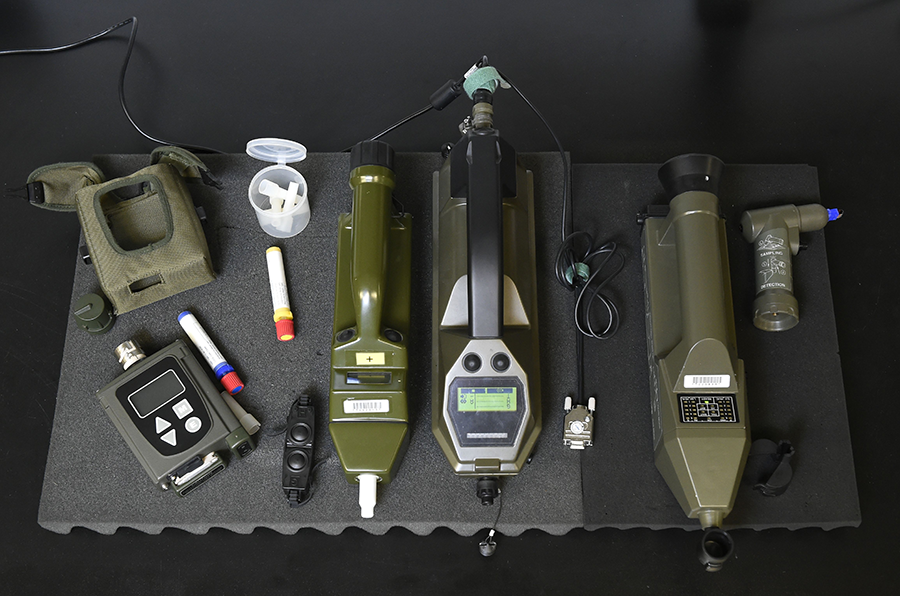"No one can solve this problem alone, but together we can change things for the better."
OPCW Confirms More Syrian Chemical Weapons Use
March 2023
By Mina Rozei
International investigators confirmed a fifth instance in which Syria used chemical weapons against civilians.
 In a Jan. 27 report, the Investigation and Identification Team (IIT) of the Organisation for the Prohibition of Chemical Weapons (OPCW) concluded that there were “reasonable grounds” to believe that the Syrian military dropped two yellow chlorine cylinders on two apartment buildings in Douma, Syria, on April 7, 2018.
In a Jan. 27 report, the Investigation and Identification Team (IIT) of the Organisation for the Prohibition of Chemical Weapons (OPCW) concluded that there were “reasonable grounds” to believe that the Syrian military dropped two yellow chlorine cylinders on two apartment buildings in Douma, Syria, on April 7, 2018.
The report found that exposure to the chlorine gas killed 43 people and injured many more. It draws on information gathered by the OPCW fact-finding mission, which had found “reasonable grounds” to believe that chemical weapons were used.
The IIT subsequently was tasked with confirming the mission’s findings, identifying the perpetrators of the attack, and assessing competing claims by Syria and Russia that the attack was staged by Syrian opposition forces.
The team concluded that it has “reasonable grounds to believe that chlorine gas was used at both relevant locations in Douma, and that the cylinders were the origin of the chlorine gas released at both locations.” It refuted claims by the government of Syrian leader Bashar Assad that the attack was staged and that Damascus has not engaged in chemical weapons use.
Using chemical weapons has become something of a pattern for the Assad regime. They were first deployed by army forces in Ghouta in 2013 and twice in Douma in 2018 prior to the April 7 attack.
“These findings are unfortunately not surprising,” Bonnie Jenkins, U.S. undersecretary of state for arms control and international security, told a UN Security Council briefing on Feb. 7. “This is indeed the fifth separate instance of chemical weapons use the IIT has attributed to the Assad regime—all clear violations of the Chemical Weapons Convention [CWC]. These are in addition to the four chemical weapons attacks previously attributed to the Assad regime by the UN’s Joint Investigative Mechanism.”
Jenkins called for “accountability of those responsible for the numerous chemical weapons attacks carried out by the Assad regime, including the one in Douma.”
The Assad regime has denied OPCW staff access to inspect its chemical weapons stockpile several times. At the Security Council briefing, Jenkins again urged Damascus to comply with this treaty obligation.
OPCW Director-General Fernando Arias affirmed that the report corroborates Syrian chemical weapons use while refuting “all other alleged scenarios.”
He cited the high standards followed by the OPCW and its investigative bodies as further validation of their findings.
“The report is now in your hands,” he told the Security Council, adding that it will be up to the UN and the international community to take further steps if deemed necessary.
The case underscores the continued relevance of the CWC, which bans all production, storage, and use of chemical weapons. Although the treaty has been ratified by all but four states since its entry into force in 1997, it faces challenges in ensuring that its provisions are enforced.
